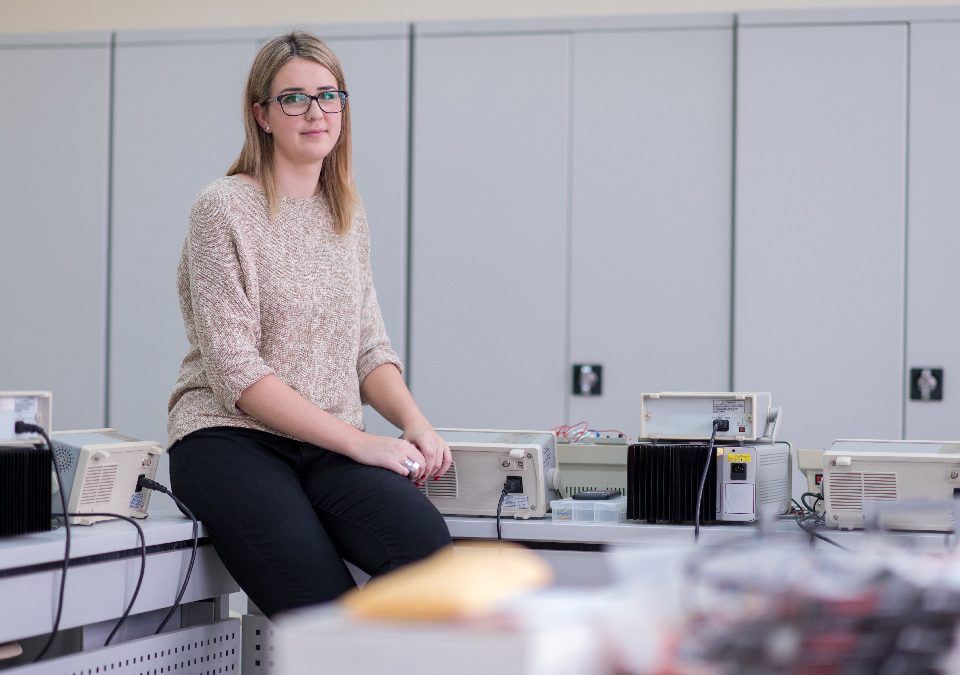A chemistry student at the University of California, Irvine has accidentally discovered a way to make batteries that can be recharged hundreds of thousands of times without losing any power or capacity. This breakthrough could revolutionize the fields of energy storage and consumption, and lead to the development of batteries that never need replacement.
Mya Le Thai, a doctoral candidate in UCI’s chemistry department, was experimenting with different materials in the lab when she coated a set of gold nanowires with a very thin layer of gel. Nanowires are tiny filaments that are highly conductive and have a large surface area for storing and transferring electrons. However, they are also very fragile and prone to cracking after repeated cycling in a typical lithium-ion battery.
By encasing the nanowires in the gel, Le Thai was able to prevent them from breaking and maintain their properties under extreme conditions. She tested the coated nanowires in a battery electrode and found that they could withstand nearly 200,000 cycles over three months without any degradation. This is remarkable, considering that most batteries die out after 5,000 to 7,000 cycles at most.
“That was crazy,” said Reginald Penner, chair of UCI’s chemistry department and senior author of the study. “She discovered that just by using this gel, she could cycle it hundreds of thousands of times without losing any capacity.”
The researchers believe that the gel acts as a plasticizer that gives flexibility to the metal oxide in the battery and prevents it from cracking. “The coated electrode holds its shape much better, making it a more reliable option,” Le Thai said. “This research proves that a nanowire-based battery electrode can have a long lifetime and that we can make these kinds of batteries a reality.”
The study, which was published in the American Chemical Society’s Energy Letters, was conducted in collaboration with the Nanostructures for Electrical Energy Storage Energy Frontier Research Center at the University of Maryland, with funding from the Basic Energy Sciences division of the U.S. Department of Energy.
The UCI team hopes that their invention will pave the way for more durable and efficient batteries that could power various devices and vehicles, from smartphones and laptops to cars and spacecraft. They also plan to test other materials and configurations to optimize their performance and reduce their cost.
“This is a major step forward in battery technology,” Penner said. “It could change the way we use and store energy in the future.”
Date: jan 10, 2023

